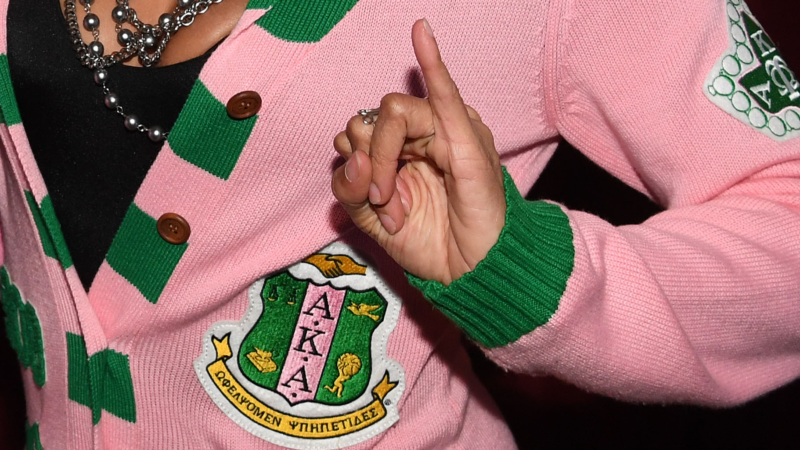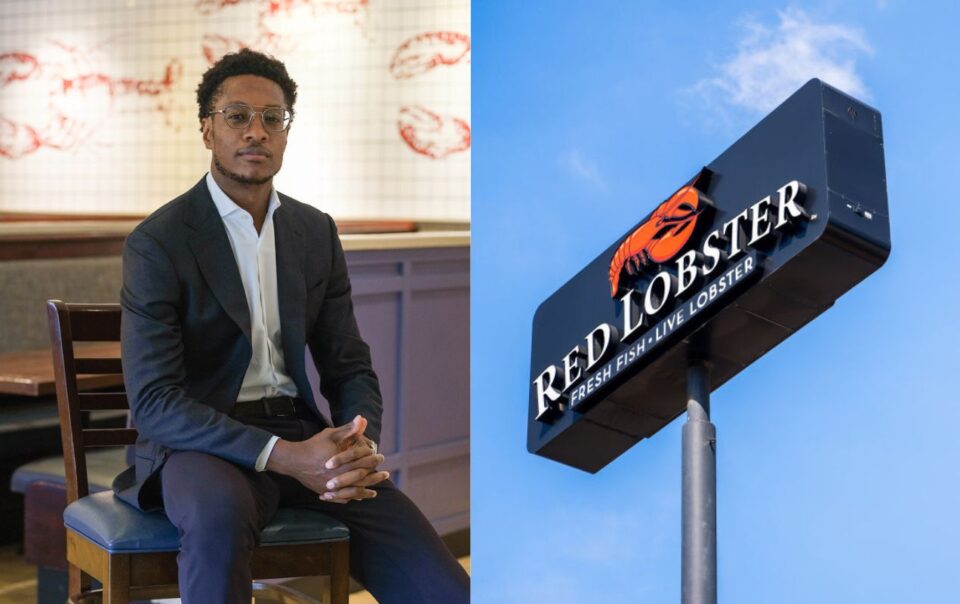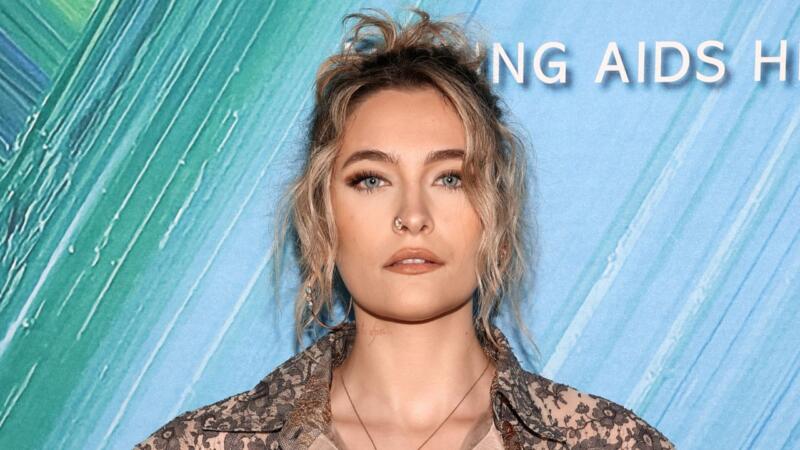Chrisette Michele is breaking her silence on her recent autism spectrum disorder diagnosis. As Blavity reported, the Grammy-winning singer shared on Instagram that after meeting with a neurologist, she learned that she’s autistic. Following the news, Michele’s fans rallied around her with words of love and encouragement.
Recently, she sat down with Blavity to discuss how she’s been coping with her autism and how she plans to spread awareness about it.
Michele grew up in a family that worked within the mental health field. Her mother was able to spot signs early on that she may have been autistic.
“My mom was almost like a personal advocate for me. She saw my learning disabilities from [a] really young [age] and got different types of government assistance where you could bring certain types of tools and supplies to school or stay after class later for a longer time to finish your work and things like that,” Michele told Blavity. “From the time I was really, really young, I had always known that I learned it differently from the other kids. I also knew that I did different activities or I was more fixated on different activities than the other kids.”
She added, “It was a lot of help and a lot of assistance from my mom from the time I was a kid all the way through into my music career, where she then moved out of special education and became my manager to continue to assist me.”
Michele believes music was her saving grace as she moved throughout her life while knowing that she was different, saying that it kept her “grounded.”
How has Chrisette Michele’s autism diagnosis changed her outlook on life and work?
When Michele was officially diagnosed with autism, the moment was both surprising and validating.
“I’m expecting to go to the neurologist and maybe she’ll say I’m autistic, maybe she won’t. So, the word severe was jarring, but when I tell you it was also liberating, validating,” she said.
“It was like a permission slip to say, ‘Yeah, all of my life I’ve been working hard to be the best that I can be, and finally somebody has given me words to explain what it is that I’ve been fighting.”
For Michele, it’s important for her to note that autism isn’t one-size-fits-all and that its severity exists on a broad, nuanced scale.
“You can have many traits that the person next to you doesn’t have,” she explained. “There’s level one, there’s level two, and there’s level three, and level two falls under severe, and level three falls under severe. I think the hardest part and the part that needed the most clarity, especially for people who don’t know much about autism, is what is severe and severe can happen or be the diagnosis for a broad spectrum of people. I am level two, severe.”
While many music artists rely on massive teams for support, Michele has a deeper complexity behind her need for help.
“One big part of a mask as an autistic person is trying to not let people see how much help you need. You don’t tell everybody,” she said. “My drummer doubles as my security, or my team helps me with everything that I’m doing, making decisions, etc. You don’t say it, not because you’re ashamed, but because, gosh…do I need more help than most people in the music industry?”
“You see a lot of people with entourages needing a lot of help, so it looks normal to have help, but one thing that I’m doing to show up differently is being brave about saying when I need help,” she added. “Being brave about saying, ‘The lights are too bright.’ Being brave about saying, ‘No, my drum shield has to be on my drum kit. I can’t handle the noise of loud drums.’ Or ‘No, my sound check has to be longer.’”
Chrisette Michele’s autism diagnosis has sparked a sense of advocacy
While therapy has been a longtime staple for Michele, it wasn’t until she found an autistic-affirming therapist that she felt fully seen.
“I’m a therapy junkie. Like, since I got into the business. I was like, therapy is going to be my jam, but I didn’t know they had autistic-affirming therapy,” she said. “Affirming therapy is a therapist who understands your traits as a person with autism and understands how you show up in the world as a person with autism, and they don’t make you feel awkward or weird for having the responses and reactions that you have. Rather, they give you language to help express yourself so that everyone can understand your experience.”
For women in their 30s and 40s who quietly suspect they may be neurodivergent but haven’t pursued a diagnosis, Michele offers some advice: “You really want to go visit a neurologist. I’ve gotten a brain scan. I’ve gotten tested for ADHD. I’m in the top 10 percentile of people with ADHD, which would probably be called severe,” she said. “
She added, “You really want to get a diagnosis because it gives you language to help explain or describe yourself for your own self-awareness. Everything is not necessarily about being able to preach or tell other people what you have. A lot of it is so that you can just be self-aware. It’s good for your mental peace. It’s good for your own personal experience.”
What’s next for Chrisette Michele?
Looking toward the future, Michele hopes her self-titled podcast, The Chrisette Michele Podcast, and other opportunities give her the platform to be a nurturing environment for others.
“I’m really excited about podcasting and any speaking engagements that I get the opportunity to just be really neurodivergent friendly,” she said. “I think a place that’s sorely lacking in the neurodivergent space is autistic joy, ADHD joy, just neurodivergent joy, and allowing yourself to be excited about tackling life. However, you are showing up a little bit different.”
She continued, “My friends, family, and my band know that when I’m excited, I run back and forth, but the world doesn’t know. And what’s wrong with jumping up and down as a 42-year-old, even though other 42-year-olds don’t? They call it stimming or they call it having just a really excited moment, so I’m hoping that I’m able to navigate a respectful, conscious conversation in the neurodivergent space and create safe spaces for people to talk about their experience.”
What began as a search for answers has evolved into a full-circle celebration of self for Michelle: “I’ve done so many things in my personal life to sort of celebrate this moment through self-expression,” she said, “and my self-expression often is painting or going out and having fun with friends, so it’s been very, very celebratory in my personal life. I just feel free.”





 ,” Rick Ross wrote under the Instagram post.
,” Rick Ross wrote under the Instagram post. 


 ,” another person commented.
,” another person commented.



